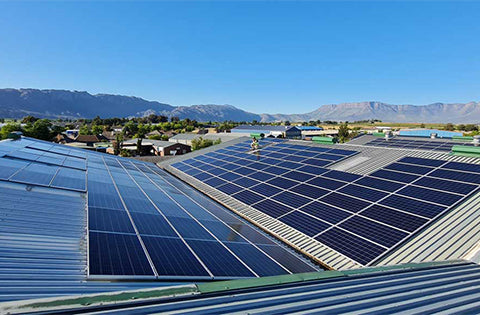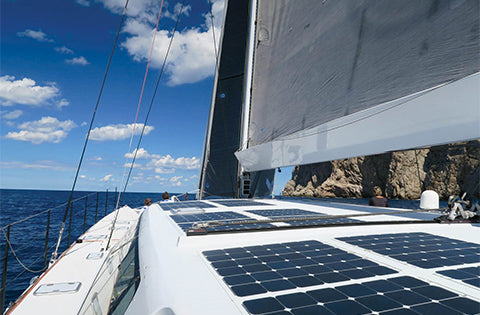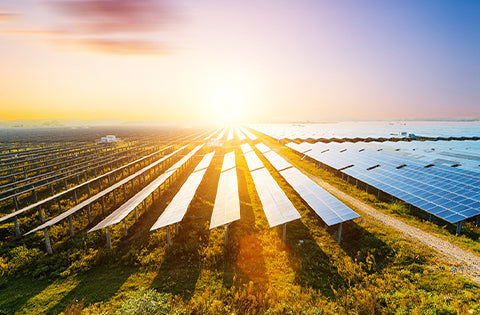Have you ever think about quitting your present job and achieving energy independence for your home? Maybe you’d grow your own food and live minimally enough to focus on the important things in life. If this ignites a fire in your soul, you probably want to know about the best places to live off the grid. After all, some states are better than others when it comes to natural resources, legalities, and the weather. In this article, we dive into what “living off-grid” really means, the important factors you should consider when choosing where to live. Let`s take a look!
What does “living off the grid mean”?
Living off the grid has different definitions depending on who you ask. For most people, it means disconnecting from society in some way or another. It means not relying on your local utility company and instead creating your own renewable power. Also, it means independence and self-sufficiency. Depending on how bare-bones you want to live, there are many ways to make this happen.
Unless you want to live a life completely independent from electricity, solar power is one of the best ways to separate yourself from the electrical grid. In addition to finding renewable energy to power your home, you’ll need a water source. This could be a well, a rain catchment system, or even a running stream on your property. When it comes to self-sufficiency, natural resources are vital. This is why it’s so important to pick an optimal location.
What to consider when picking a place to live off the grid
Below, we discuss the key principles you should consider when choosing your location. This includes everything from the climate to any legal hurdles you might face. Let’s begin.
Weather
Weather is an important factor to consider when deciding where to live off the grid. For example, will you rely on solar for your electricity? If so, you’ll want to make sure you’ll have enough sun exposure to power your home. You might not want to pick a wooded area that tends to block the sun’s rays, for example. You’ll also want to think about the seasons. Will you be able to grow your own food for most of the year? Or will you experience below-freezing weather from October to April?
Building codes
Before purchasing land, you should also look into the local building codes. As a general rule of thumb, the laxer they are, the better the place is for living off the grid. You want to have the freedom to build as you like. Even if you don’t plan on building a house on the land, you’ll appreciate the flexibility.
Zoning
While building codes tell you how to build your house, zoning codes tell you what you can do with your land. This is equally important when purchasing land. For instance, will you want to cut down trees? Build a woodshed? Park your RV for extended periods? The zoning codes will tell you whether or not you can do these things.
Water sources
As mentioned before, it’s important to think about where your water will come from. Does the land already have a well on the property? Is it dug or drilled? And if not, will you be able to spend the money to drill one yourself? If a well isn’t in the cards, you’ll have to get creative. Luckily, many alternatives don’t involve hooking up to city water. Is there a natural source of water nearby? Or will you have to have to source your water by other means? These are all critical questions to ask.
Property taxes
This is an obvious concern for most people looking to live an alternative lifestyle. After all, you don’t just have to worry about the property’s price. There are those pesky property taxes to think about as well when searching for the best places to live off the grid. Most real estate listings will show the price of the yearly property taxes. Be sure to factor in any taxes or fees when deciding what you can afford.
Should you try living off the grid?
Living off the grid is a growing trend across every state. Many people see it as a way to gain independence and become self-sufficient. It can be a fantastic excuse to become more minimalist, live beneath your means, and spend more time doing the things you love. Of course, your experience living off the grid will be influenced by many factors, the biggest one being location.
To learn more about off-grid system, please follow SOLARPARTS official website:
Twitter: Solarparts Instagram: Solarparts
Tumblr: Solarparts Pinterest: Solarparts
Facebook: Shenzhen Solarparts Inc
Email address: Philip@isolarparts.com
Homepage: www.isolarparts.com





